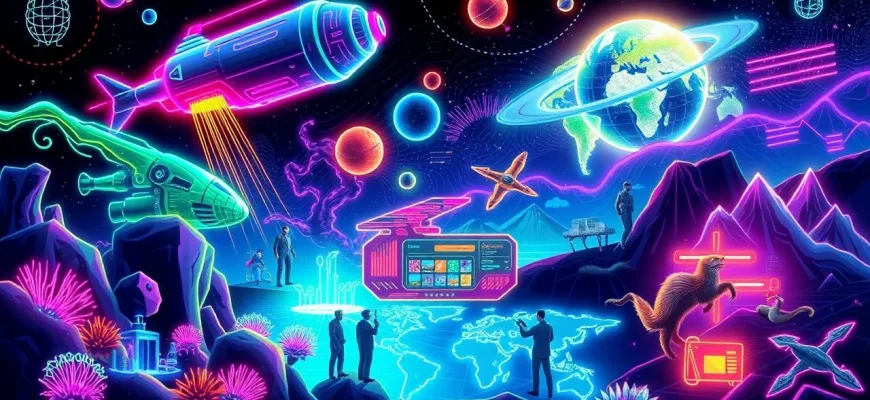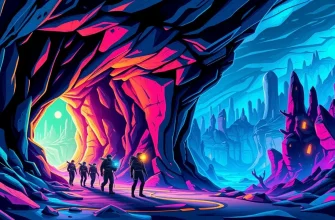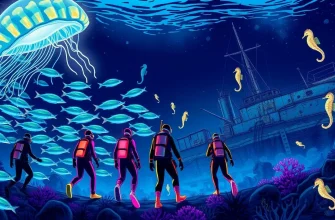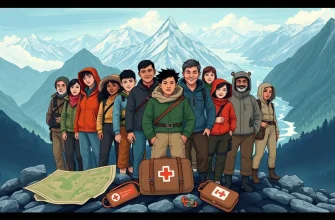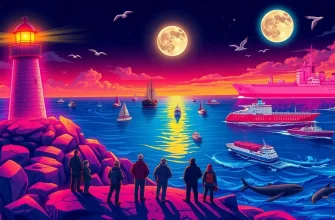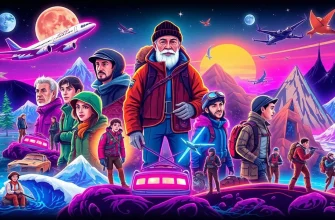Embark on a journey of discovery with our curated list of documentaries that delve into the heart of scientific expeditions. These films not only showcase the thrill of exploration but also highlight the dedication and curiosity that drive scientists to push the boundaries of human knowledge. From the depths of the ocean to the vastness of space, these documentaries offer a window into the relentless pursuit of understanding our world and beyond.
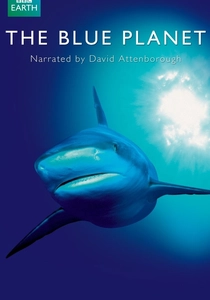
The Blue Planet (2001)
Description: This groundbreaking series by the BBC explores the natural history of the world's oceans, capturing the beauty and diversity of marine life through stunning cinematography. It's a testament to the wonders of our planet's aquatic ecosystems.
Fact: The series took over five years to film and required the development of new underwater filming techniques.
 Watch Now
Watch Now
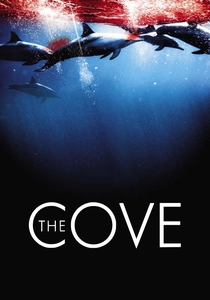
The Cove (2009)
Description: While not strictly a scientific expedition, this film documents the efforts of activists and scientists to expose the dolphin hunting practices in Taiji, Japan, highlighting the intersection of science and activism.
Fact: The film won the Academy Award for Best Documentary Feature in
 Watch Now
Watch Now
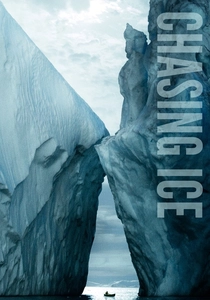
Chasing Ice (2012)
Description: Photographer James Balog and his team set out to capture the world's changing glaciers, documenting the dramatic effects of climate change through time-lapse photography.
Fact: The film includes the largest collection of glacier time-lapse footage ever captured.
 Watch Now
Watch Now
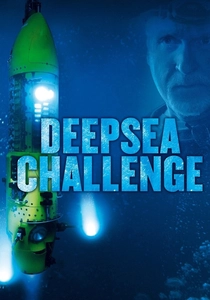
Deepsea Challenge 3D (2014)
Description: Follow filmmaker James Cameron as he dives to the deepest point in the ocean, the Challenger Deep, in a custom-built submersible, showcasing the challenges and wonders of deep-sea exploration.
Fact: Cameron became the first person to make a solo descent to the Challenger Deep since
 Watch Now
Watch Now
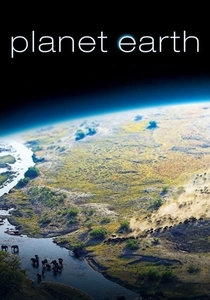
Planet Earth (2006)
Description: Narrated by Sir David Attenborough, this documentary series takes viewers on a global tour of Earth's natural wonders, showcasing the planet's diverse habitats and the animals that inhabit them.
Fact: The production involved over 2,000 days of filming across 64 different countries.
 Watch Now
Watch Now
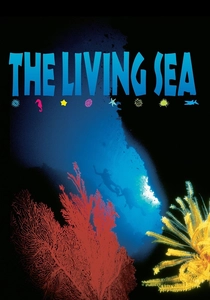
The Living Sea (1995)
Description: This IMAX film dives into the mysteries of the ocean, showcasing its vastness and the life it supports, from the smallest plankton to the largest whales.
Fact: It was the first IMAX film to be narrated by Meryl Streep.
 30 Days Free
30 Days Free
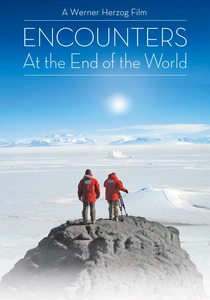
Encounters at the End of the World (2007)
Description: Werner Herzog's documentary captures the unique environment of Antarctica, focusing on the scientists and workers at McMurdo Station, exploring themes of human curiosity and isolation.
Fact: Herzog filmed in Antarctica for three months, capturing the surreal beauty of the continent.
 30 Days Free
30 Days Free
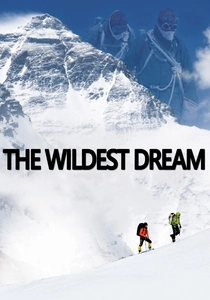
The Wildest Dream (2010)
Description: This film retraces the steps of George Mallory's expedition to climb Mount Everest in 1924, blending historical footage with modern-day exploration to explore the mystery of his disappearance.
Fact: It features interviews with Conrad Anker, who found Mallory's body on Everest in
 30 Days Free
30 Days Free
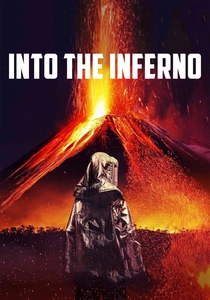
Into the Inferno (2016)
Description: Werner Herzog explores the world's most active volcanoes, revealing the cultural and scientific significance of these natural phenomena. It's a journey into the heart of the Earth's fiery core.
Fact: Herzog collaborated with volcanologist Clive Oppenheimer, who has studied volcanoes for over 30 years.
 30 Days Free
30 Days Free

The Search for Life in Space (2016)
Description: This documentary explores the efforts of scientists to find signs of life beyond Earth, from Mars to distant exoplanets, highlighting the technological advancements and the philosophical implications of such a discovery.
Fact: It features interviews with leading scientists in astrobiology and space exploration.
 30 Days Free
30 Days Free

